 For three decades, lawyers and judges have been misinterpreting the case of State v. Vega. In Vega, the Ohio Supreme Court held defendants in DUI/OVI cases may not attack the general reliability of breath-testing machines. Some lawyers and judges interpret Vega as if it says defendants are not permitted to make any challenge to the breath test result. This misinterpretation of the Vega decision may exist in part because most people have not actually read the decision. It’s like the telephone game where the statement made by the first person in the game is modified drastically by the time the statement is repeated by the last person in the game. A few days ago, the Ohio Supreme Court clarified the holding of Vega in a case which will hopefully end the abuse of defendants’ rights resulting from the misinterpretation of Vega.
For three decades, lawyers and judges have been misinterpreting the case of State v. Vega. In Vega, the Ohio Supreme Court held defendants in DUI/OVI cases may not attack the general reliability of breath-testing machines. Some lawyers and judges interpret Vega as if it says defendants are not permitted to make any challenge to the breath test result. This misinterpretation of the Vega decision may exist in part because most people have not actually read the decision. It’s like the telephone game where the statement made by the first person in the game is modified drastically by the time the statement is repeated by the last person in the game. A few days ago, the Ohio Supreme Court clarified the holding of Vega in a case which will hopefully end the abuse of defendants’ rights resulting from the misinterpretation of Vega.
Seminar Sharpens The Saw
 I’m afraid of heights. I passed on the opportunity to go on the 450′ observation wheel, and I steered clear of the zip line starting at the 50th floor of the hotel. For me, just getting to the 50th floor was challenging because it required riding up an external glass elevator. While others took in the sights of the city on the way up, I faced the door and repeatedly read the maximum capacity of the elevator (30 people and 4,500 pounds). The ride was worth it: I enjoyed a great meal and an amazing view from the Voodoo Lounge. What a great way to wrap-up my annual trek to Las Vegas for the seminar presented by the National College for DUI Defense (NCDD).
I’m afraid of heights. I passed on the opportunity to go on the 450′ observation wheel, and I steered clear of the zip line starting at the 50th floor of the hotel. For me, just getting to the 50th floor was challenging because it required riding up an external glass elevator. While others took in the sights of the city on the way up, I faced the door and repeatedly read the maximum capacity of the elevator (30 people and 4,500 pounds). The ride was worth it: I enjoyed a great meal and an amazing view from the Voodoo Lounge. What a great way to wrap-up my annual trek to Las Vegas for the seminar presented by the National College for DUI Defense (NCDD).
New Book Provides Readers With Valuable Information About DUI/OVI In Ohio
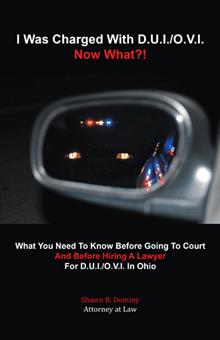 It won’t win a Pulitzer Prize, it will not be mentioned with the New York Times best sellers, and it will not be at the top of readers’ ‘wish lists’. In fact, most people may not find it very interesting. If you are charged with a DUI/OVI in Ohio, however, this book suddenly becomes a must-read. I’m talking about the new book: I Was Charged With DUI/OVI, Now What?!
It won’t win a Pulitzer Prize, it will not be mentioned with the New York Times best sellers, and it will not be at the top of readers’ ‘wish lists’. In fact, most people may not find it very interesting. If you are charged with a DUI/OVI in Ohio, however, this book suddenly becomes a must-read. I’m talking about the new book: I Was Charged With DUI/OVI, Now What?!
Japanese Lawyer Compares DUI/OVI In Ohio And DUI/OVI In Japan
 This summer, I had the honor of being shadowed by Japanese criminal defense lawyer Yaeko Hashimoto, who recently completed an LL.M. program at the O.S.U. Moritz College of Law. In our conversations, it became clear there are differences between DUI/OVI laws in Ohio and DUI/OVI laws in Japan. Yaeko agreed to be a guest blogger and prepared the remainder of this article.
This summer, I had the honor of being shadowed by Japanese criminal defense lawyer Yaeko Hashimoto, who recently completed an LL.M. program at the O.S.U. Moritz College of Law. In our conversations, it became clear there are differences between DUI/OVI laws in Ohio and DUI/OVI laws in Japan. Yaeko agreed to be a guest blogger and prepared the remainder of this article.
Can I Be Pulled Over Based On The Uncorroborated Claim Of Another Driver?
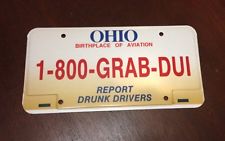 We are all urged to call the police if we suspect someone is driving under the influence. This message comes to us in radio and television commercials, on billboards, and on cruiser license plates: 1-800-GRAB-DUI. If someone makes the call, when should the police be permitted to stop the driver based on that informant’s tip alone? This question is a hot topic in Ohio DUI/OVI law this year. Two Ohio appellate courts decided ‘informant tip’ cases last month, and the United States Supreme Court decided one earlier this year.
We are all urged to call the police if we suspect someone is driving under the influence. This message comes to us in radio and television commercials, on billboards, and on cruiser license plates: 1-800-GRAB-DUI. If someone makes the call, when should the police be permitted to stop the driver based on that informant’s tip alone? This question is a hot topic in Ohio DUI/OVI law this year. Two Ohio appellate courts decided ‘informant tip’ cases last month, and the United States Supreme Court decided one earlier this year.
Hold The Phone…But Don’t Search It Without A Warrant
 If a driver is pulled over and charged with a criminal offense, can the police search through the data on the driver’s cell phone? That question was recently addressed by the United States Supreme Court. The case does not directly involve a DUI/OVI, but it’s definitely worth reporting in this blog. This is a significant case in the area of search and seizure law, and there are frequently search and seizure issues in DUI/OVI cases.
If a driver is pulled over and charged with a criminal offense, can the police search through the data on the driver’s cell phone? That question was recently addressed by the United States Supreme Court. The case does not directly involve a DUI/OVI, but it’s definitely worth reporting in this blog. This is a significant case in the area of search and seizure law, and there are frequently search and seizure issues in DUI/OVI cases.
Can Officers Ignore Evidence Of Sobriety When Arresting Someone For DUI/OVI In Ohio?
 What does it mean when the law says an officer must have ‘probable cause’ to arrest a person for a DUI/OVI? Common sense tells us the evidence observed by the officer must lead to the conclusion that the person is probably under the influence. Common sense and case law tell us the officer must consider all of the evidence in making the arrest decision. A recent case in the U.S. Sixth Circuit Court of Appeals addresses this issue and implies that evidence of sobriety has little meaning in the probable cause determination.
What does it mean when the law says an officer must have ‘probable cause’ to arrest a person for a DUI/OVI? Common sense tells us the evidence observed by the officer must lead to the conclusion that the person is probably under the influence. Common sense and case law tell us the officer must consider all of the evidence in making the arrest decision. A recent case in the U.S. Sixth Circuit Court of Appeals addresses this issue and implies that evidence of sobriety has little meaning in the probable cause determination.
Ohio Uses DUI/OVI Checkpoints, But It Could Be Worse
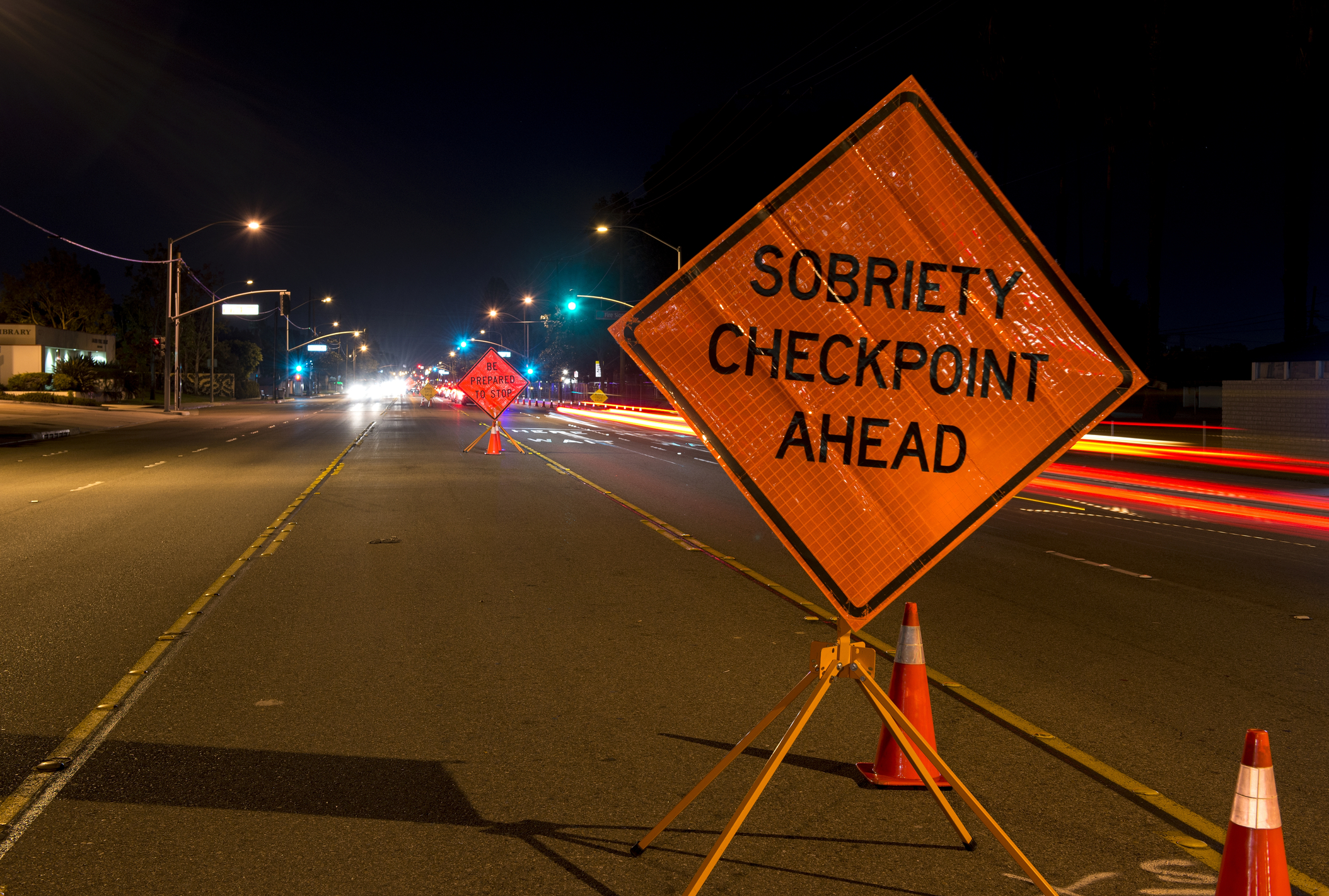 This is Memorial Day Weekend, the unofficial beginning of summer. A lot of people will be on the road: visiting friends, attending parades, and going to cookouts. Some unlucky people on the road will find themselves stopped at DUI/OVI roadblocks. Although they do nothing wrong, they will have to stop, wait, wait some more, produce identification, and answer questions. They aren’t suspected of doing anything illegal, but they are seized.
This is Memorial Day Weekend, the unofficial beginning of summer. A lot of people will be on the road: visiting friends, attending parades, and going to cookouts. Some unlucky people on the road will find themselves stopped at DUI/OVI roadblocks. Although they do nothing wrong, they will have to stop, wait, wait some more, produce identification, and answer questions. They aren’t suspected of doing anything illegal, but they are seized.
Should Ohio Use Daily Alcohol Testing For Repeat DUI/OVI Offenders?
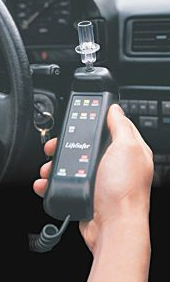 What should we do with repeat DUI/OVI offenders? On one hand, we want them to be rehabilitated, and we want them to be employed, which usually requires driving. On the other hand, we want to punish them and protect the public from the risk of harm they create. In Ohio, to protect the public from the danger posed by repeat offenders, we typically require them to have ignition interlock devices installed so they cannot drive after consuming alcohol. In Florida, the state legislature is considering an alternative to ignition interlock: “24/7 Sobriety”. Florida’s consideration of this program raises the question: should Ohio use daily alcohol testing for repeat offenders?
What should we do with repeat DUI/OVI offenders? On one hand, we want them to be rehabilitated, and we want them to be employed, which usually requires driving. On the other hand, we want to punish them and protect the public from the risk of harm they create. In Ohio, to protect the public from the danger posed by repeat offenders, we typically require them to have ignition interlock devices installed so they cannot drive after consuming alcohol. In Florida, the state legislature is considering an alternative to ignition interlock: “24/7 Sobriety”. Florida’s consideration of this program raises the question: should Ohio use daily alcohol testing for repeat offenders?
Right To Speedy Trial In Ohio DUI/OVI Case Violated By Court’s Delayed Ruling On Motion To Suppress
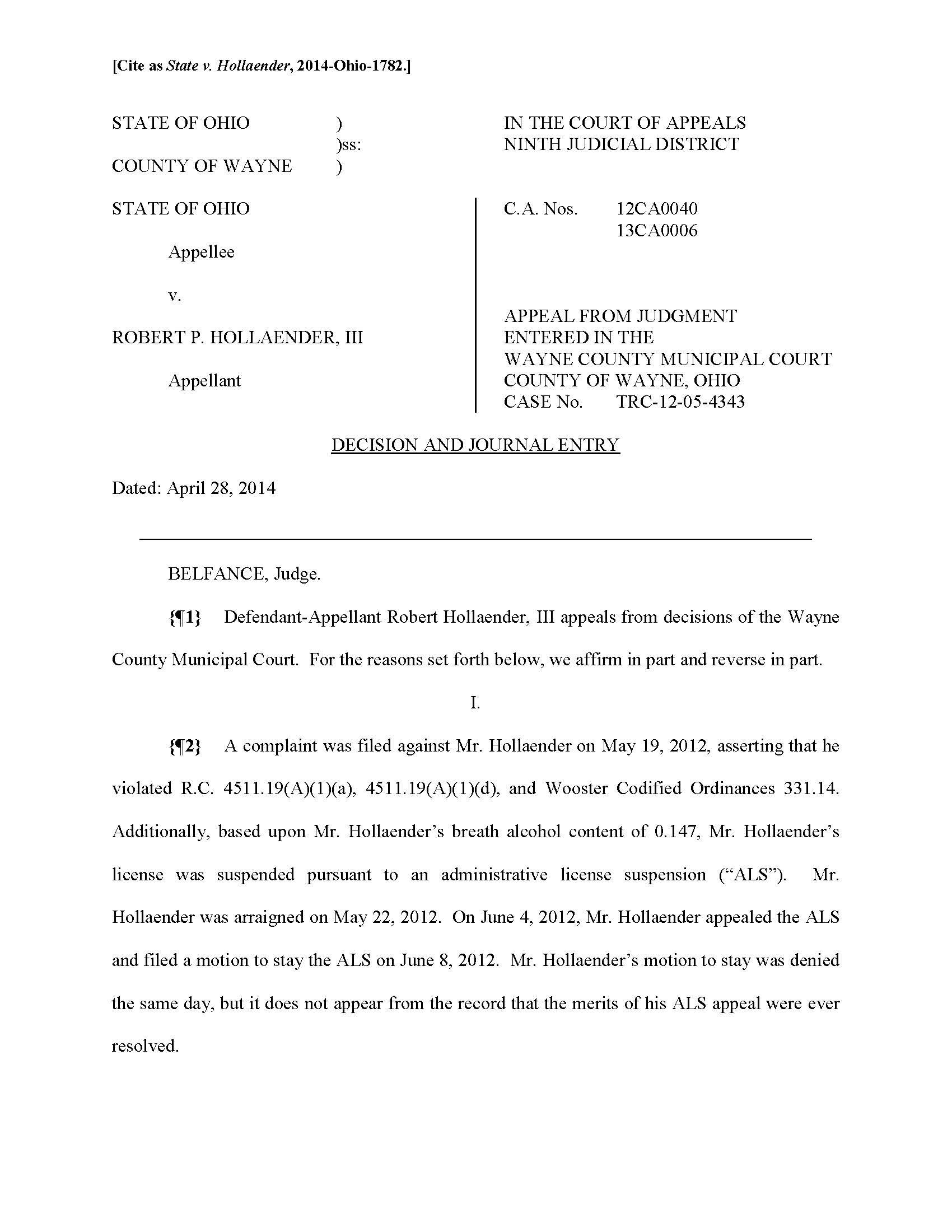 In Ohio DUI/OVI cases, calculating speedy trial time can be complex. As a general rule, the trial must be held within 90 days of the arrest or summons. There are, however, many exceptions to this general rule. When one of the exceptions occurs, time is “tolled” (that time does not count toward the 90-day limit). One exception occurs when the defendant files a motion for discovery, and another exception occurs when the defendant files a motion to suppress evidence. A recent decision by an Ohio Court of Appeals addresses the application of speedy trial laws to Ohio DUI/OVI cases.
In Ohio DUI/OVI cases, calculating speedy trial time can be complex. As a general rule, the trial must be held within 90 days of the arrest or summons. There are, however, many exceptions to this general rule. When one of the exceptions occurs, time is “tolled” (that time does not count toward the 90-day limit). One exception occurs when the defendant files a motion for discovery, and another exception occurs when the defendant files a motion to suppress evidence. A recent decision by an Ohio Court of Appeals addresses the application of speedy trial laws to Ohio DUI/OVI cases.
 Columbus OVI/DUI Attorney Blog
Columbus OVI/DUI Attorney Blog

